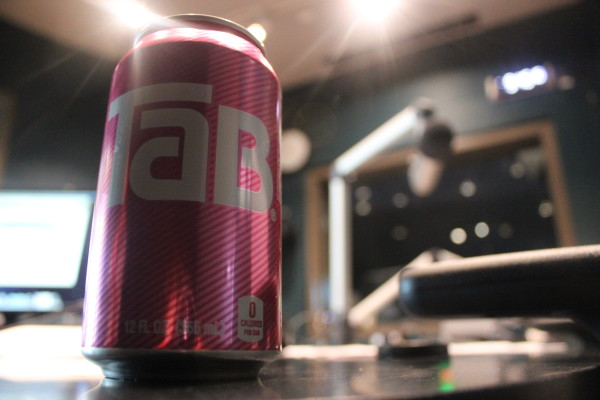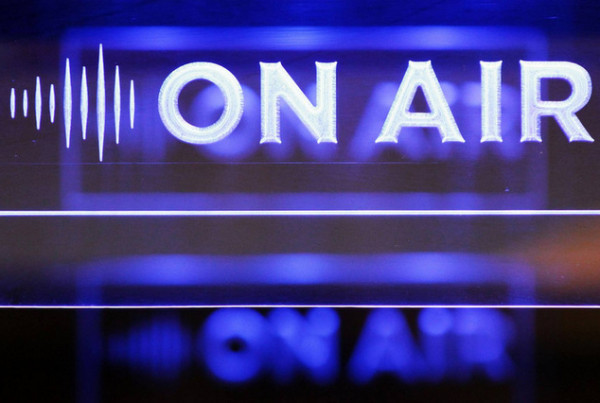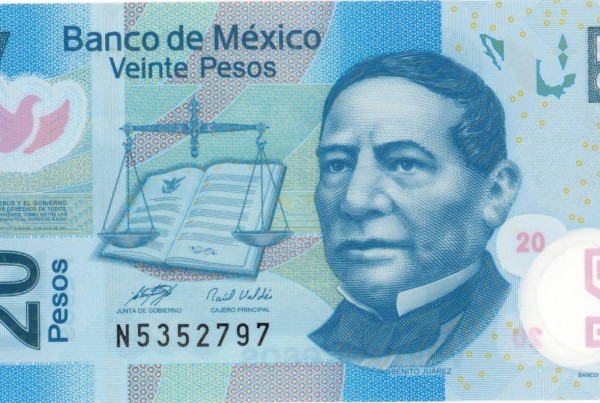Since the early ’60s, diet soda has been part of the American experience. The first brand was Diet Rite, followed by Diet Tab. Today, Diet Coke is what most people bring into work with them.
While there is much controversy about the health effects of drinking diet soda, it doesn’t have the calories that its sugary alternatives do. Because of its lack of calories, it shouldn’t add to the waistline, right? Not necessarily true; a new study from the University of Texas Health Science Center in San Antonio has found a link between diet soda drinkers and increased belly fat. The study was longitudinal and began with baseline exams from 1992-1996. Follow-up exams were conducted from 2000-2004.
Professor and head of the Clinical Epidemiology Department at the Health Science Center at UTSA, Helen Hazuda, led the study and speaks on the findings.
“If you compare people who don’t use diet sodas to those who use it occasionally and those who use it on a daily basis, there is a dose-response relationship overtime. Whereby the people who don’t use it, gain about eight-tenths of an inch in their waist, but the occasional users gain 1.8 inches, and the regular, daily users gain over 3 inches.”
Are these findings a result of what the diet sodas are doing in the body (causation) or could it be that these findings are a result of the other habits of diet soda drinkers (correlation)?
“A lot of times, good heath habits cluster together, but we made an effort to what you might want to call isolate, or see if we could say that independent of some of these other factors, diet soda intake actually is strongly linked to changes in waist circumference. So we adjusted for a number of factors-of course for socioeconomic factors, demographic factors, age, sex, ethnic group, education, level of income in neighborhoods, leisure physical activity, cigarette smoking, diabetes… So when you adjust for those, you still find an association between diet soda drink intake and waist circumference.”
Because this was an observational study, rather than an experimental study, all other factors cannot be ruled out. While this study did not measure caloric intake, its findings are consistent with other studies that had adjusted for this measurement.
We have all heard about the possible negative consequences of drinking diet soda – like getting cancer or diabetes and altering brain functioning, but why all the hype over these calorie-free beverages?
“There’s an epidemic of obesity in the United States, I mean over the past 30 years there’s been an increase in obesity-not going in the other direction and I think the common folklore is ‘well gosh, it doesn’t have any calories, therefore it’s got to be ok for us.’ And there is a lot of, obviously, effort to get people to drink diet sodas. So I think a lot of people just naturally think it a healthy alternative when in fact it well may not be or it appears to be highly questionable.”
This post was prepared by Megan Jo Olson












